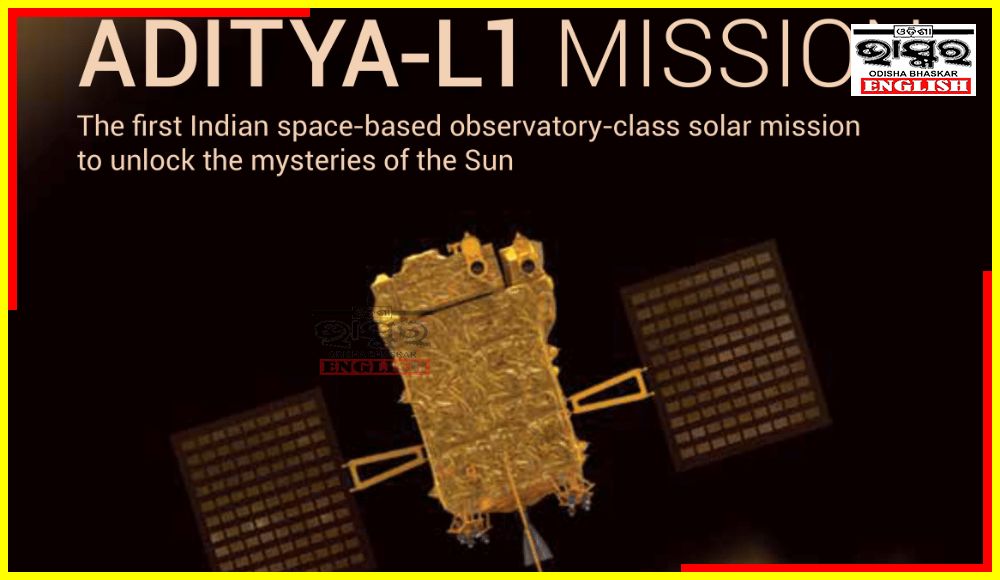New Delhi: Aditya L1, the Indian Space Research Organisation’s (ISRO) maiden solar mission, was successfully placed in its destination and injected into its final orbit on Saturday afternoon. India’s first space-based solar observatory, the Aditya-L1 satellite will be active for the next five years.
Applauding the feat of ISRO, PM Narendra Modi said “India creates yet another landmark”.
According to ISRO Aditya-L1 was to reach its destination orbit on January 6 at 4 pm after its 126-day journey that began on September 2, 2023. It has travelled around 3.7 million kilometres to reach its destination, the Lagrangian Point-1.
The 1,475-kilogram Aditya-L1 satellite will conduct scientific experiments to better understand the star of our solar system. The major scientific objectives of Aditya-L1’s mission are to:
*Study solar upper atmospheric (chromosphere and corona) dynamics
*Study chromospheric and coronal heating, the physics of the partially ionized plasma, the initiation of the coronal mass ejections, and flares
*Observe the in-situ particle and plasma environment, providing data for the study of particle dynamics from the Sun
*Study the physics of solar corona and its heating mechanism
Diagnostics of the coronal and coronal loops plasma: Temperature, velocity and density
*Development, dynamics and origin of CME (Coronal Mass Ejections)
*Identify the sequence of processes that occur at multiple layers (chromosphere, base and extended corona) which eventually leads to solar eruptive events
*Magnetic field topology and magnetic field measurements in the solar corona
*The origin, composition and dynamics of solar wind, the drivers for space weather




Comments are closed.